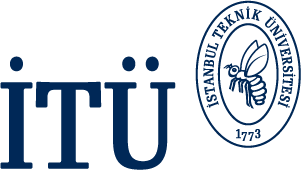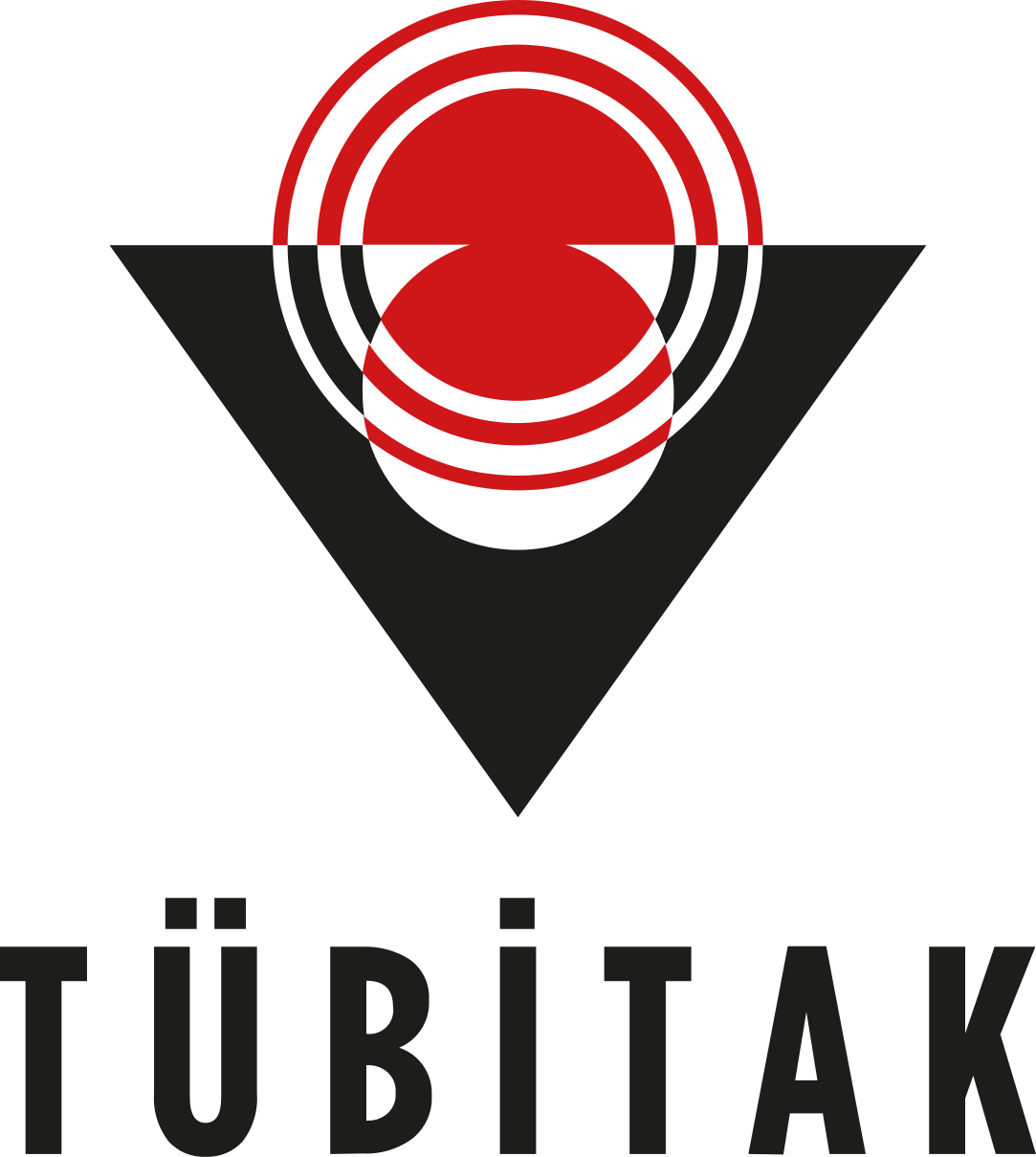
Invisible threats. Environmental Intelligence.
Environmental noise, air pollution, and climate pressures affect operational efficiency and community health every day. Yet, you cannot manage what you cannot measure.
Airqoon makes environmental quality visible, understandable, and actionable. We provide the intelligence to help organizations make better strategic decisions.
Our Story
Pioneering Indicative Monitoring
Founded in 2018, Airqoon was established to bridge the gap between environmental data and actionable insights. It is repeatedly recognized by experts that while reference networks provide the necessary regulatory baseline, the dynamic nature of modern cities and industrial zones requires a more agile layer of intelligence.
Our mission is not to simply observe the environment, but to map it. By deploying advanced sensor networks, we transform environmental monitoring from a static compliance exercise into a dynamic operational tool that empowers decision-making across municipalities and industries worldwide.
The Hybrid Network Paradigm
High-Resolution Truth
Airqoon aligns with the Hybrid Network paradigm, where the absolute precision of reference stations is complemented by the granular coverage of indicative monitoring systems. This combined approach ensures both accuracy and spatial detail.
This approach allows us to maintain scientific rigor while achieving what single-point stations cannot: a high-definition, hyper-local map of environmental conditions across urban and industrial landscapes. By integrating these data streams, we provide the complete spatial context required to identify sources, track plumes, and understand the "where" and "when" of pollution events.
The Management Advantage
In the environmental intelligence sector, the value is not in the sensor, but in the analysis that follows. The Airqoon Lens platform transforms raw environmental measurements into actionable insights:
Scientific Collaboration & Validated Accuracy
Reliability is the core of environmental intelligence. Our technology is developed through active scientific research and continuous collaboration with the academic world.
We work alongside leading institutions to advance the science of environmental monitoring and refine atmospheric modeling:
This collaboration keeps our technology at the forefront of atmospheric research and ensures the integrity of our data.
Who We Serve
Cities & Municipalities
For evidence-based policy making and public transparency.
Cement, Mining & Manufacturing
For community relations and regulatory compliance.
Oil & Gas & Refineries
For fenceline detection and specialized gas measurement.
Organized Industrial Zones
For Green OIZ certification and sustainable investment.
Environmental Agencies
For scalable networks and emergency response support.





